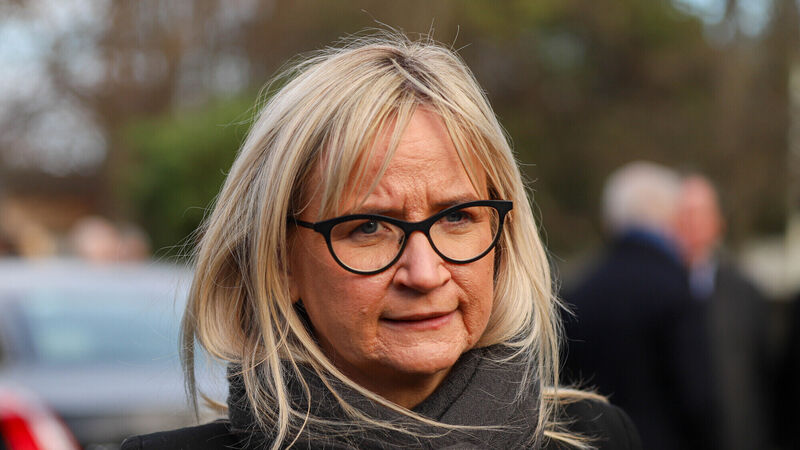Varadkar says 'culture of arrogance' among senior RTÉ staff led to poor governance

Former director general Dee Forbes, who did not attend, provided a medical certificate to the Committee.
The Taoiseach has said "a culture of arrogance" among RTÉ senior staff led to poor governance at the national broadcaster.
Leo Varadkar has also said he believes that all those who have been asked to attend Oireachtas Committees to answer questions on RTÉ should do so.










